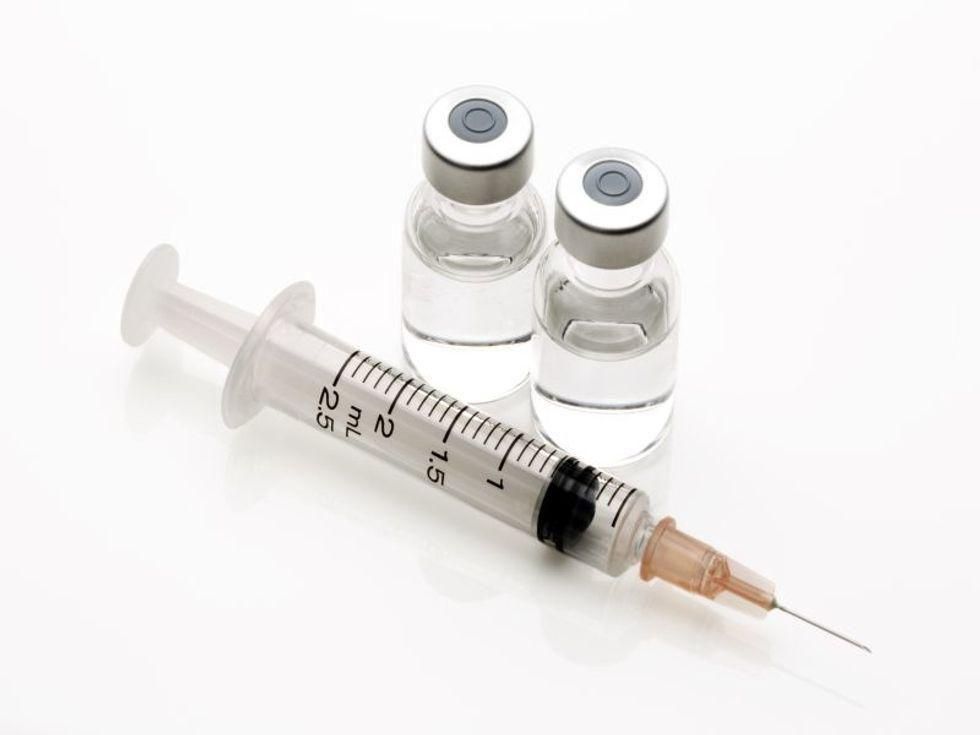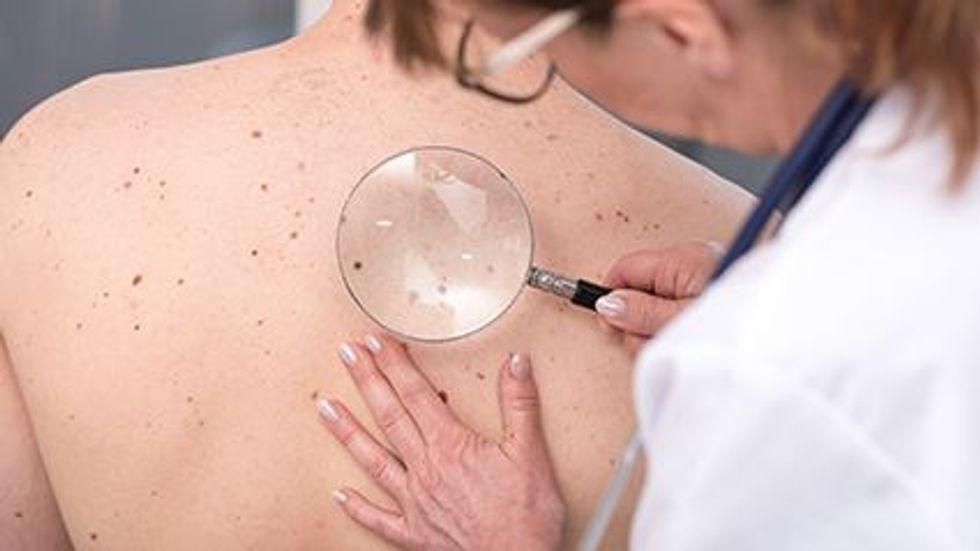
WEDNESDAY, Aug. 11, 2021 (HealthDay News ) — Doctors, nurses and pharmacists are highly trusted by most Americans, a new survey shows. Those health professionals do what’s right either most or all of the time, said at least seven in 10 respondents in the poll from the University of Chicago Harris School of Public Policy… read on > read on >






























